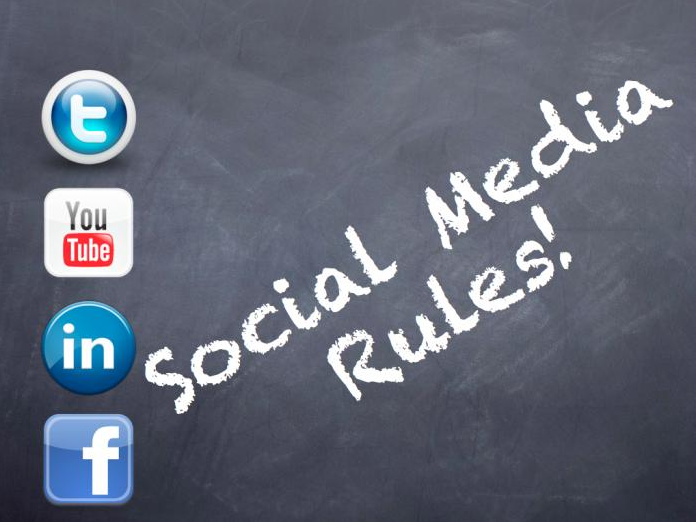
There is almost no newsroom in Armenia with clearly defined rules of conduct on social media
Once, I was listening to a BBC editor describe their editorial approach concerning staff conduct on social media.
You can become acquainted with the official policy here. But the human approach was as follows: even an editor shouldn’t be able to know a journalist’s political sympathies from their social media posts. You must admit that imagining such an approach in Armenia’s reality is not even possible.
Even dreaming about this is impossible. And perhaps that’s good: in a society as small and transparent as ours, this would seem very artificial. Picture for a moment that you’re reading some Armenian journalist’s status updates and you can’t tell what political views they hold. I think that would only worry you. And this will be followed by doubts, contemplation…
But even in our narrow society, there is a number of expectations of journalists in terms of their behavior on social media. Let me enumerate my subjective list of a few don’ts on this topic:
1. Don’t be a RSS robot. You’ve probably noticed journalists and editors whose Facebook wall or Twitter feed is a heap of all the news stories of their news outlet. The journalist becomes the news outlet’s RSS feed robot. Working this way on Facebook is pointless: people stop reading such posts.
And Facebook’s internal algorithm is such that those posts begin to be hidden from others. The social network’s mechanism considers that such posts have no value for others. You can check for yourself: go to the pages of such accounts and you’ll see that there are almost no “likes,” and comments are simply absent.
2. Don’t spread fake news. What’s the difference between a journalist and a layperson? Apart from all else, a journalist is in the business of verifying information. And that is what the public expects from journalists: it expects that it will deal only with verified, checked information. And when a journalist posts on their social media page a story from some random website that Stephen Hawking is actually Yaponchik‘s twin brother, somewhere a hamster goes crazy.
3. Don’t fall asleep at the wheel. Social media is an amazing tool for journalists to interact with the audience. And many, many Armenian journalists actively make use of this opportunity. But just as many journalists find themselves at the center of developing events, and it doesn’t cross their mind that they can convey information to the public immediately from the scene.
You go to the journalist’s social media page to find information about an important news event, and you see that posted instead is a test result that claims the journalist was an obsidian refrigerator in Babylon in their past life.
The list can go on. But from start to finish it will remain subjective, simply a list of my personal wishes. The problem is that in Armenia to date, this issue has not reached maturity in the newsroom, at the level of editorial policy.
There is almost no newsroom in Armenia with clearly defined rules of conduct on social media. As a result of which not only is the entire potential of social networking sites not fully used, but also it becomes difficult to differentiate a journalist’s personal opinion from that of their news outlet.
Samvel Martirosyan
The views expressed in the column are those of the author's and do not necessarily reflect the views of Media.am.


Add new comment
Comments by Media.am readers become public after moderation. We urge our readers not to leave anonymous comments. It’s always nice to know with whom one is speaking.
We do not publish comments that contain profanities, non-normative lexicon, personal attacks or threats. We do not publish comments that spread hate.